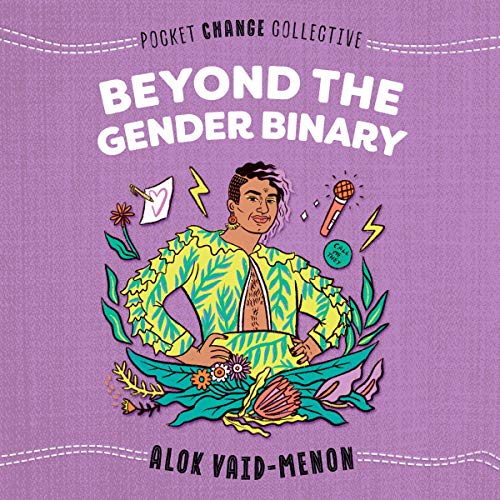What do you think?
Rate this book


1 pages, Audiobook
First published June 2, 2020
"Like if you remove our clothing, our makeup, and our pronouns, underneath the surface we are just mean and women playing dress up."
Ō£¦’Įź’Š�: *Ō£¦’Įź’Š�:* *:’Įź’Š¤Ō£�*:’Įź’Š¤Ō£�